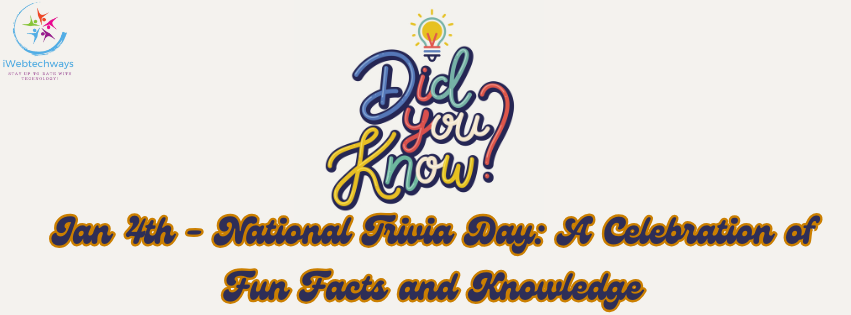April Fools’ Day, also known as All Fools’ Day, is an annual holiday celebrated on April 1st in many countries around the world. It is a day for pranks, hoaxes, and practical jokes, where people play tricks on one another with the aim of fooling them.

The origins of April Fools’ Day are uncertain, with various theories and legends surrounding its history. One popular theory is that it began in the late Middle Ages, when the Julian calendar was replaced by the Gregorian calendar, moving New Year’s Day from April 1st to January 1st. Those who continued to celebrate New Year’s Day on April 1st were mocked and called “April fools.”
Another theory suggests that the holiday dates back to ancient Roman times, when the festival of Hilaria was celebrated on March 25th. During this festival, people would play pranks on one another, and it is believed that this tradition may have carried over into April Fools’ Day.
Regardless of its origins, April Fools’ Day has become a global phenomenon, with people of all ages participating in the tradition of pranking one another. Some of the most popular April Fools’ Day pranks include fake news stories, fake product launches, and fake social media posts.
In recent years, companies and brands have also gotten in on the action, using April Fools’ Day as an opportunity to showcase their creativity and humor. Some of the most memorable April Fools’ Day pranks by companies include Google’s “Mic Drop” feature, which allowed users to send emails with a GIF of a Minion dropping a microphone, and BMW’s fake announcement of a self-driving motorbike.
While April Fools’ Day is generally seen as a lighthearted and harmless holiday, it is important to note that some pranks can go too far and cause harm or distress to others. It is important to consider the impact of your prank and to ensure that it does not cause harm or offend others.
In some countries, such as France and Belgium, there are even laws in place to prevent malicious or harmful pranks on April Fools’ Day. In these countries, anyone caught playing a prank that causes harm or distress to others can face legal consequences.
Despite the potential risks, the tradition of April Fools’ Day continues to thrive, with people around the world eagerly anticipating the opportunity to play a prank or two. It is a day that allows us to let loose and have some fun, while also reminding us to not take ourselves too seriously.
As with any holiday, the way we celebrate April Fools’ Day has evolved over time, with new pranks and traditions emerging each year. In the age of social media, April Fools’ Day has become a particularly fertile ground for pranking, with people sharing fake news stories and memes on Twitter and Facebook.
While some may argue that the proliferation of fake news and misinformation makes it difficult to distinguish between real news and April Fools’ Day pranks, others see it as an opportunity to sharpen our critical thinking skills and to be more discerning consumers of information.
Ultimately, the true spirit of April Fools’ Day is not about causing harm or confusion, but about bringing joy and laughter to others. It is a day to celebrate our creativity and sense of humor, and to embrace the unexpected and the absurd.
As we mark another April Fools’ Day, let us remember to have fun, but also to be mindful of the impact of our pranks on others. Whether it’s a silly joke with friends or a playful prank on social media, let’s make sure that we are using this day to spread joy and laughter, rather than causing harm or distress to others.










